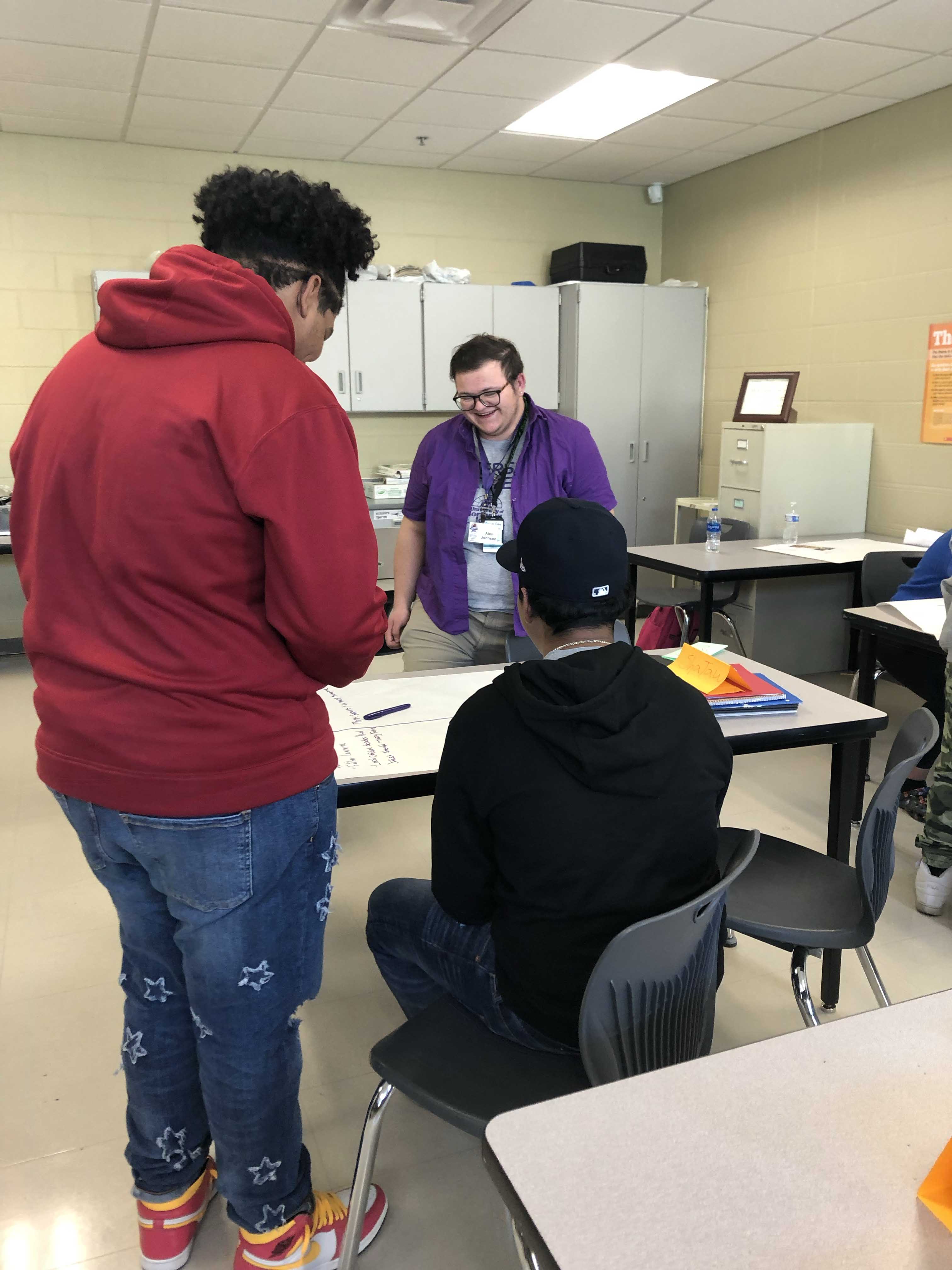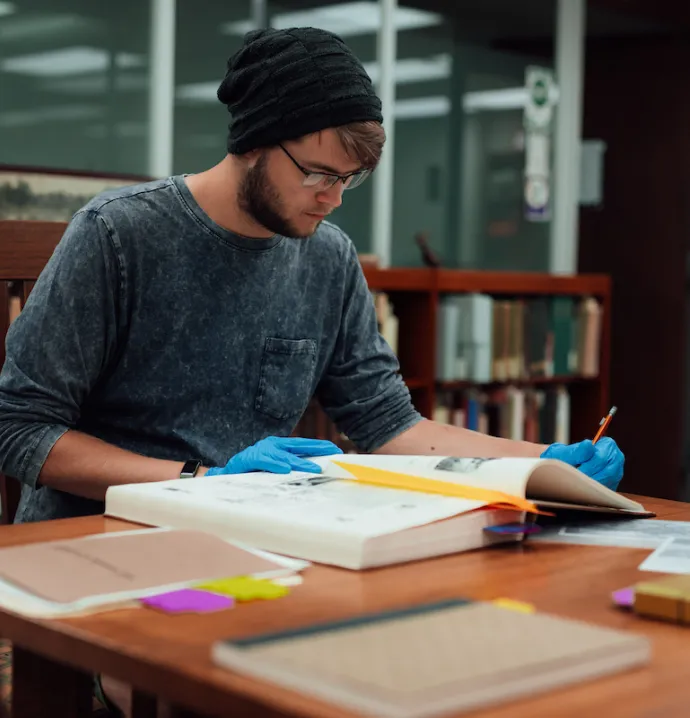Leading The Way In Language
Leading The Way In Language

In the state of Iowa, English learners (those whose first language is something other than English) are among the fastest-growing populations in our schools, according to the Iowa Department of Education. With an increase of nearly 60% in the past decade, all Iowa districts need to be prepared to serve English learners, including immigrant children and youth.
Despite this, almost one-third of school districts in Iowa do not employ an endorsed ESL (English as a second language) teacher.
But, that’s where two UNI faculty members are stepping up to help.
Thanks to a $1.48 million grant from the United States Department of Education, two faculty members from the UNI Department of Languages & Literatures are working to launch a new project to improve ESL instruction for both pre-service and in-service teachers.
Aliza Fones and Carmen Durham, both assistant professors of TESOL (teaching English to speakers of other languages)/applied linguistics, were awarded the grant to carry out Project UNITED (University of Northern Iowa Teacher Education for Diverse Learners).
Project UNITED is a five-year plan to address a shortage of ESL teachers by providing research-based ESL teacher preparation and professional development to current and future teachers.
In general, English learners bring a depth of linguistic and cultural richness to the schools they’re enrolled in. But according to the Iowa Department of Education, ELs continue to experience significant gaps in both achievement and in the opportunities in our schools compared to their non-EL peers.
According to the Iowa Department of Education website: “ELs are underrepresented in gifted and talented programming, extracurricular activities, and high-level courses. They are often over- or under-identified in special education. With effective support and access to excellent educators, ELs are capable of the same high level of learning as native English speakers.”
To improve academic outcomes for English learners, Fones and Durham, along with their team and other partnering agencies, will gather data and use research to create and enhance coursework, field experiences and professional development to improve instructional practices. New technologies and options in distance learning will expand the reach of the program, making it easier for in-service teachers to gain ESL credentials.
The plan also includes scholarships to help TESOL recruits with the added costs of gaining ESL endorsements and collaboration with community agencies that will increase family engagement, improving outcomes beyond the classroom.
UNI is strongly positioned to develop this education framework as its teacher preparation program is in the top one percent largest in the United States.
Jim O'Loughlin, department head of Languages & Literatures, is excited about the potential the grant provides.

"Project UNITED is going to be a transformative initiative,” O’Loughlin said. “It will fund scholarships for dozens of students, undergraduate and graduate, to acquire an ESL endorsement, allowing UNI's TESOL program to reach new students who might never have considered further higher education because of financial hurdles. Equally important is the research component of this project, through which our faculty will be able to develop new instructional methods and curriculum in order to ensure that the education students receive prepares them for success."
The knowledge and resulting best practices gathered at the completion of Project UNITED can be used across Iowa and other states with similar needs for more ESL teachers and to improve the implementation and effectiveness of ESL instruction.
“We’re building an infrastructure with the work that is accomplished through the grant,” Fones said. “We’re putting things in place so there is a more sustainable pipeline of teachers who are prepared to support English learners.”




